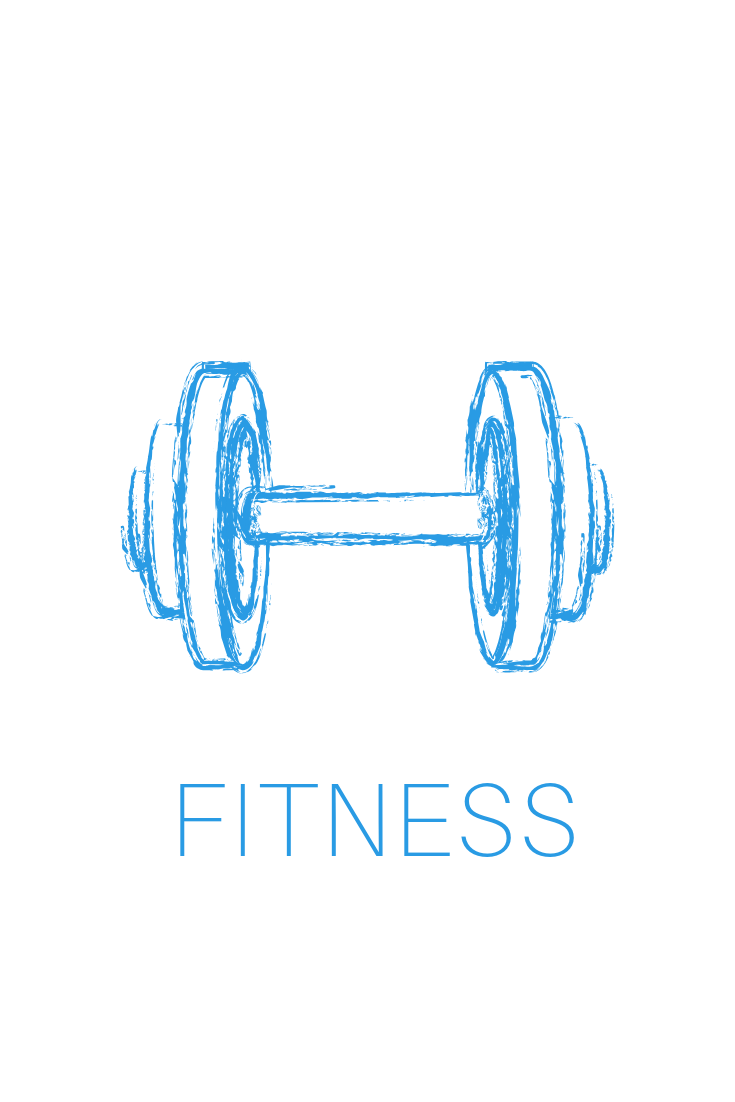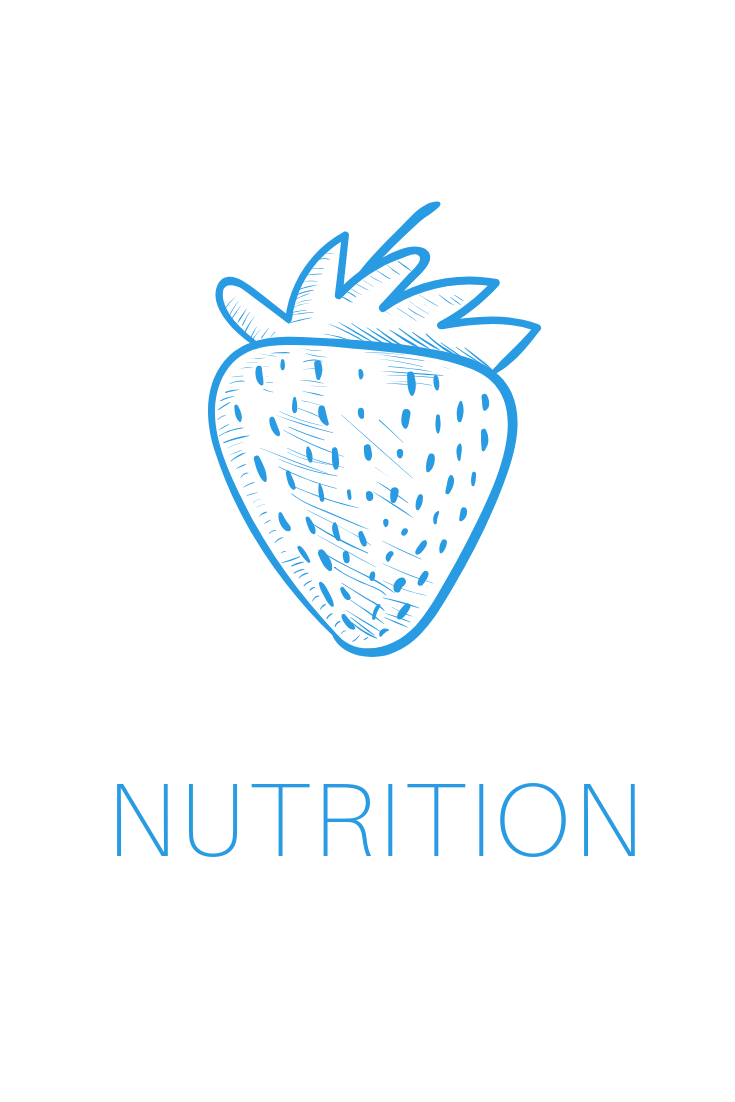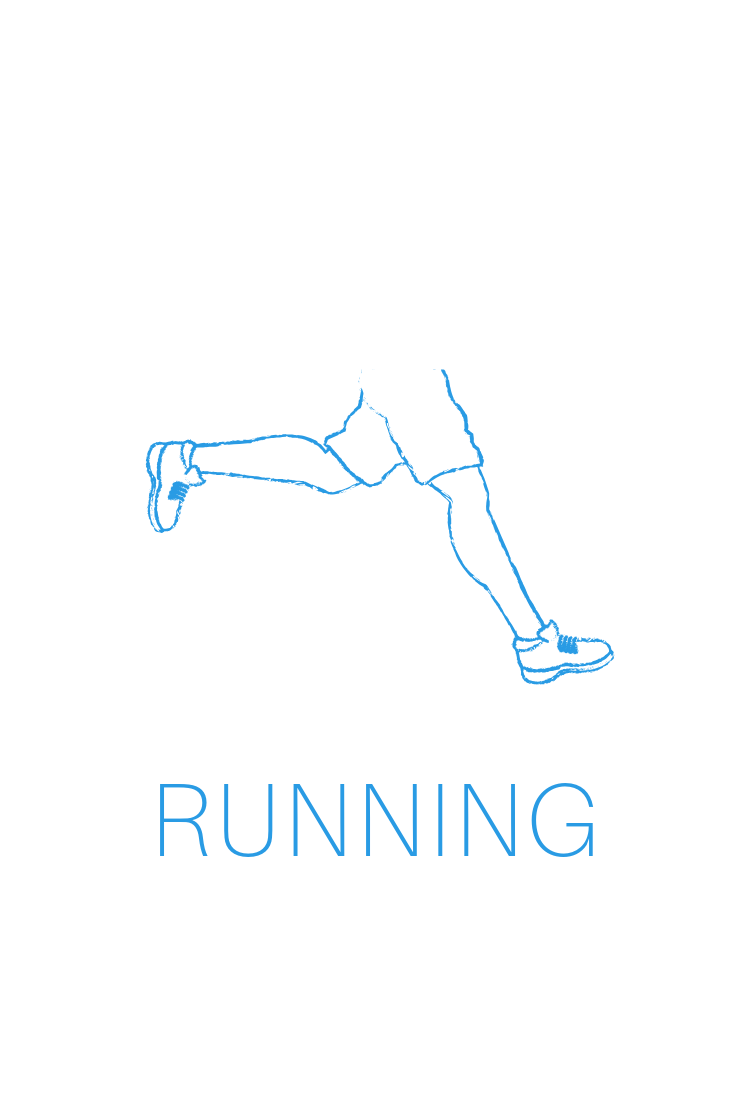Why It's So Hard To Decide
Deciding what to have for dinner can sometimes seem ridiculously hard. The good news is that there are some simple ways to reduce that feeling of being overwhelmed.
I recently mentioned to a friend that I was finding it hard to remember things or make decisions - could it be possible that I am losing my memory? She (kindly) suggested that my forgetfulness may be due to cognitive overload rather than old age! I much preferred this theory, so I started researching….
Cognitive Load Theory was developed in 1998 by psychologist John Sweller, Professor of Educational Psychology at the University of New South Wales. Professor Sweller explains:
“We have two major memory systems, working memory and long-term memory. We can think of working memory as consciousness. You are using working memory to read this text…..Working memory only can process two or three elements of information at a time and can hold those elements for only about 20 seconds. We can hold them for longer than 20 seconds if we rehearse them. If we want to retain information permanently, we must transfer it to long-term memory, which has no known capacity or duration limits…..Unless new information is transferred to long-term memory, nothing has been learned.”
The Cognitive Load Theory argues that because short-term memory is limited and the brain can only do so many things at once, we should be intentional about what we ask it to do. Cognitive overload occurs when too much information or too many tasks are taken on simultaneously, resulting in the brain being unable to process this information. When we are experiencing cognitive overload, not only is it difficult to learn new things or retain new information, we also find ourselves struggling to remember the simplest things, or make the most mundane decisions as the brain is essentially worn out with no capacity to process and sort through information.
In our current situation with the world in a pandemic, cognitive overload is at an all time high. Decisions such as whether we drive or catch the train, eat out or stay home, wear a mask, send the kids to school or go to the shops were things we didn’t even have to consider in the same way a few months ago. Now these seemingly small decisions are incredibly important as they may impact the health of everyone around us. No wonder we are all feeling so exhausted!
There are some methods we can employ to help reduce cognitive load and allow our brains some space to perform in a more effective way.
Reduce external noise
By removing unnecessary complexity and distraction, you will remove some of the extraneous cognitive load. Unclutter your house and workspace to avoid visual distraction and aim to work in an area that is free of noise. Unclutter your emails by unsubscribing from emails you don’t read. (Not this one of course! Keep this one!).
Turn it off
Following on from the idea of reducing external noise, turn off the alerts on your phone, email, computer, oven, watch, apple TV etc. If you are working just work. If you are cooking just cook. If you are talking with a friend, just be with your friend. If you are watching TV, just watch. We MUST work harder at doing one thing at a time and being in the moment rather than always having a screen an arms length away.
Chunk your day
We know that multitasking does not work and, in fact, reduces productivity dramatically. So rather than doing 2 things at once or little bits and pieces here and there, whenever possible carve out larger chunks of time for certain activities. In a work situation set aside time for different tasks e.g. check emails only from 9:30-10:00am and 2:30-3:00pm each day. Block out 11am-12pm for writing, 1pm-2pm for meetings etc. On the home front, Saturday afternoon from 2-4pm might be “family clean the house” time. Mondays from 4pm-6pm might be food prep for the week. Focus on one thing and get it done.
Break it down
Break complex tasks down into smaller, more manageable pieces. If cleaning out the house, start with one drawer, or one cupboard. If starting an exercise program begin with 4 push ups that day. When learning a new task, decide on one thing you want to grasp that day and get that sorted before moving on to the next thing. If you have a large project to complete, break it down into steps and start with step one. Try not to think too far ahead of yourself so you don’t feel overwhelmed.
Reduce simple daily decisions
Follow the example of Mark Zuckerberg or Steve Jobs by wearing essentially the same thing every day. Keep meals simple and avoid the pressure of needing to produce Master Chef worthy meals. When I’m out of ideas I present the family with our Mish-Mash dinner which may include a piece of toast, a boiled egg, a couple of strawberries, maybe a few nuts and a chunk of cheese - basically whatever I can find in the kitchen. It’s by no means gourmet but there’s some nutrition in there and, let’s face it, some days they are lucky they are being fed!
Create routine
Routine is an incredibly powerful tool in avoiding cognitive overload. The more habitual your day is, the less stress there is on your working memory. Brushing your teeth, taking a shower, tying up our shoelaces all require minimal brain capacity as they are done daily and without effort. By following similar routines in your day, whether it be when you exercise, when you eat, what you do before bed, your working hours etc, you will leave your mind with more space to think, learn and grow.
Routine is restful.
By Angie Black
Hey! I’m Angie. I’m passionate about fitting exercise into your life, for the rest of your life.
BLOG CATERGORIES:







